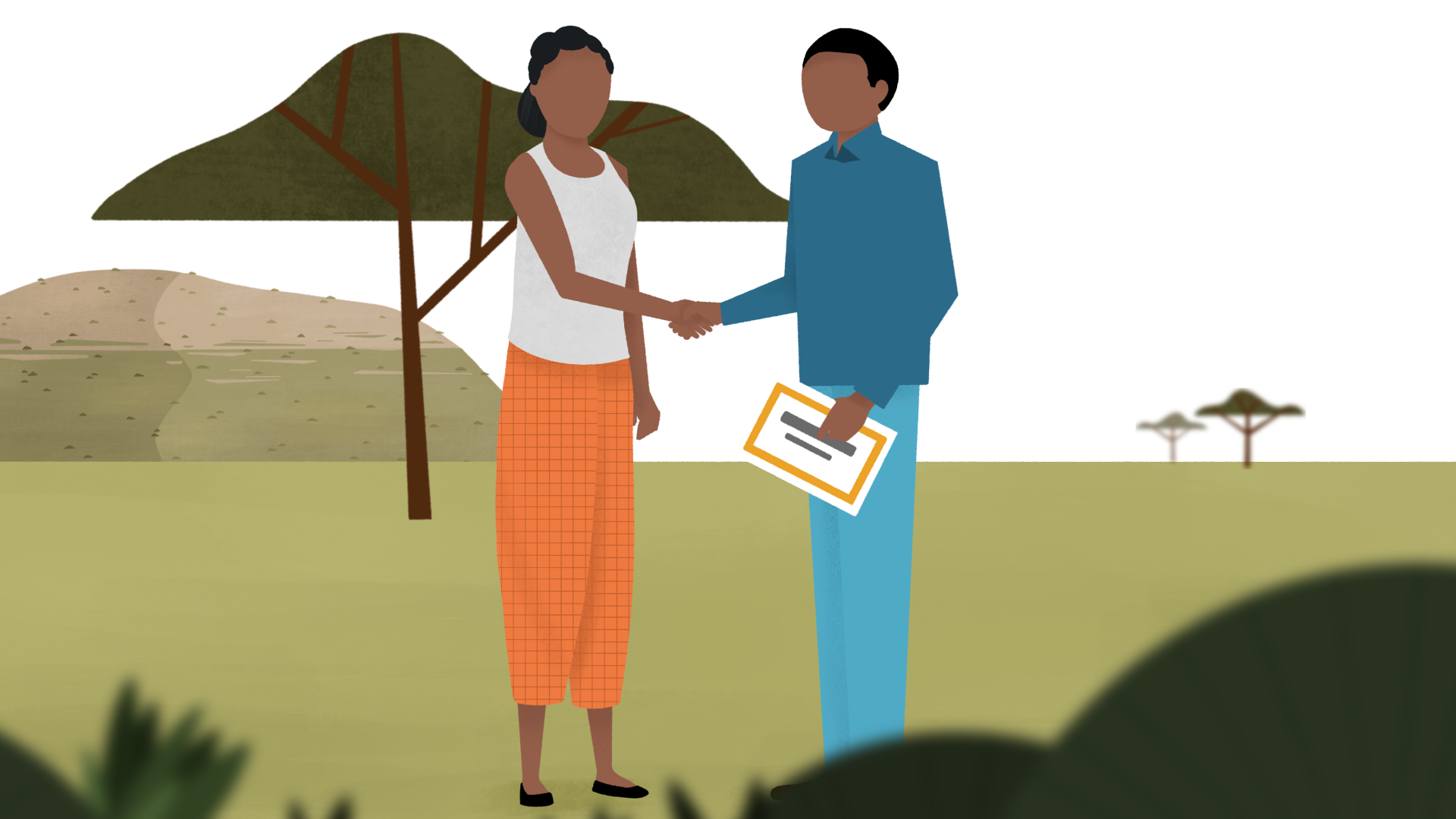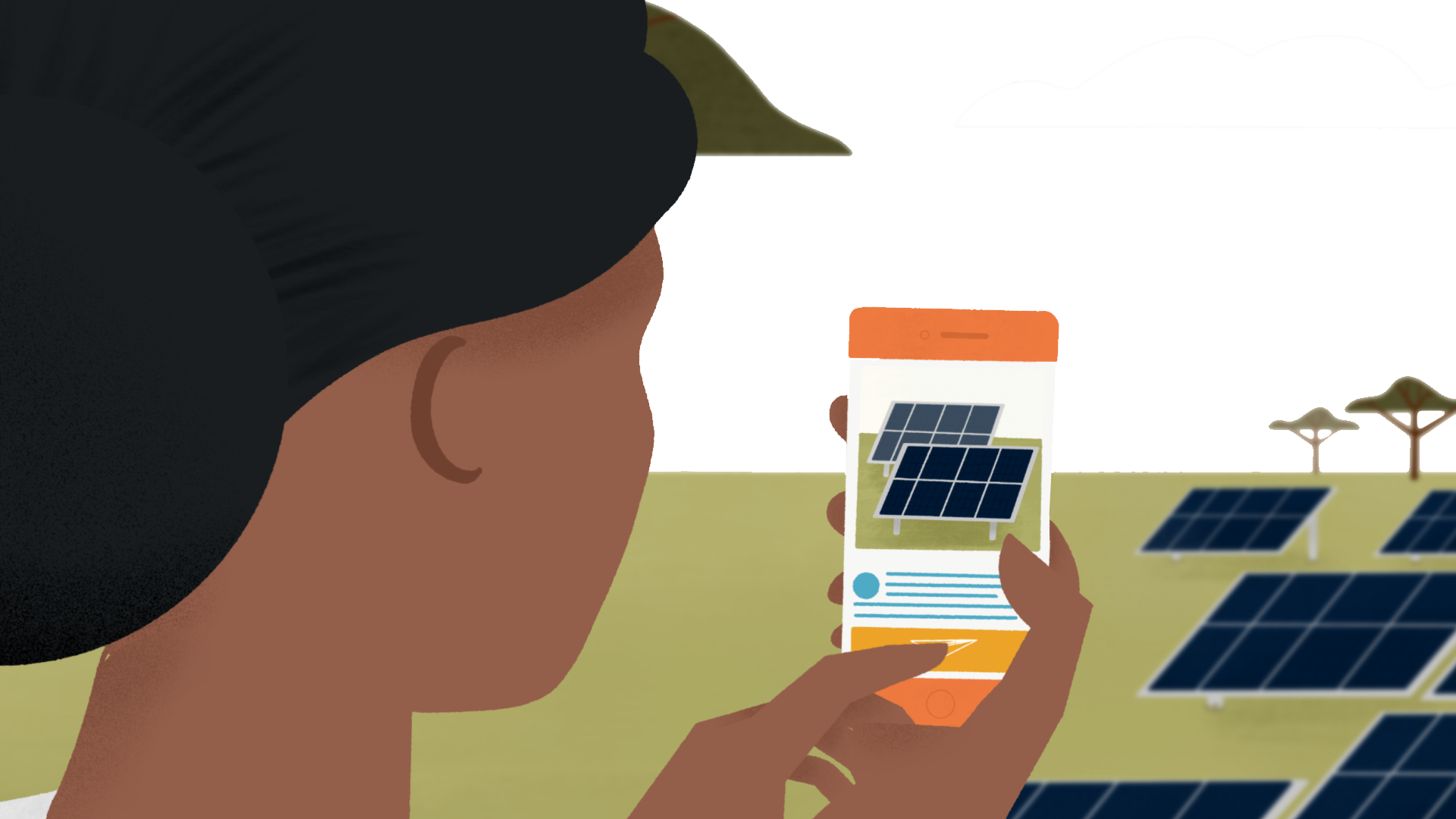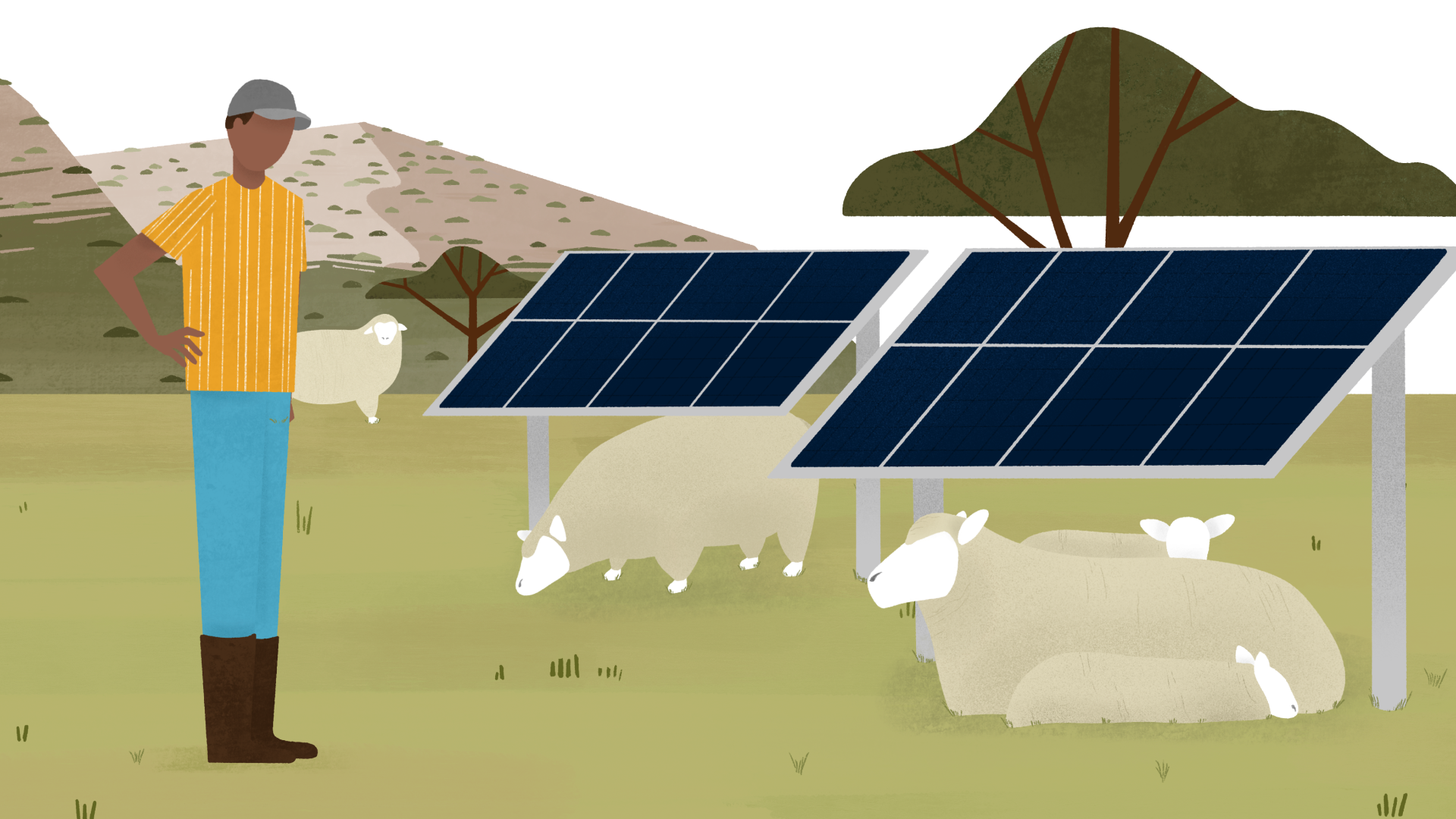Green Accountability
The Climate and Nature Emergency is the most pressing issue of our time. Integrity Action enables citizens to play a vital part in the climate decisions that affect their lives.


Less than 10% of climate funding has been prioritised for local activities
At Integrity Action, we know that citizens can add transformational value to decisions on where and how climate financing is spent. Our citizen-centred green accountability approach places individuals and civil society at the heart of climate finance flows and puts a strong emphasis on climate justice. There is potential for local communities, and other vulnerable and marginalized populations to be harmed in the transition to a sustainable future if not protected and consulted. We need to support a Just Transition, and it is essential that citizens around the world are supported to co-create solutions and hold their leaders accountable. We are proud members of the World Bank’s GPSA Green Accountability platform bringing together like-minded organisations who prioritise transparency, accountability, and participation in climate action.
Integrity Action’s Green Accountability Approach – Accountability for the green transition
Despite safeguarding 80% of the world’s remaining biodiversity, Indigenous groups only receive 1% of climate finance.
As the world transitions to a greener economy, communities are being asked to host renewable energy sites, waste and recycling facilities, tree planting schemes, and carbon offset projects. While these initiatives aim to tackle climate change and nature loss, they don’t always deliver on promises – and too often, local people are left out of decisions that directly affect their lives.
Our green accountability approach places local communities at the heart of project monitoring – shifting power dynamics and providing transparent, real-time data on project impacts on local communities.

Our green accountability approach follows a clear, inclusive process:
1. Involve communities and duty bearers: Engage local citizens and project developers to support the monitoring initiative from the outset, and (where possible) shape project plans before delivery begins.
2. Recruit diverse citizen monitors: Work with local partners to recruit citizen monitors, ensuring gender balance, disability inclusion, and representation of marginalised groups.
3. Train monitors and set expectations: Equip monitors to use a mobile app to report project issues, collect community feedback, confirm delivery of promises, negotiate solutions with project authorities, and track whether problems are fixed.
4. Identify promised activities and benefits: Ensure monitors can identify what the project has committed to — from employment opportunities to environmental safeguards — and how to access project documents.
5. Monitor project delivery and community impacts: Monitors track whether promises are being kept and impacts are fair, recording both successes and issues in the app.
6. Problem-solving and issue resolution: Issues are logged, duty bearers are notified, and when necessary, monitors facilitate solutions — whether through community meetings, private dialogues, or official channels.
7. Use data for advocacy and improvement: Real-time monitoring data is shared publicly on our GreenDevCheck website, allowing stakeholders to track delivery, identify systemic issues, and drive continuous improvement.
More information on how citizen monitoring works in green accountability projects can be found here
Our approach will focus on four key sectors: The Voluntary Carbon Market, Renewable Energy, Waste and Recycling, Conservation and Reforestation.

